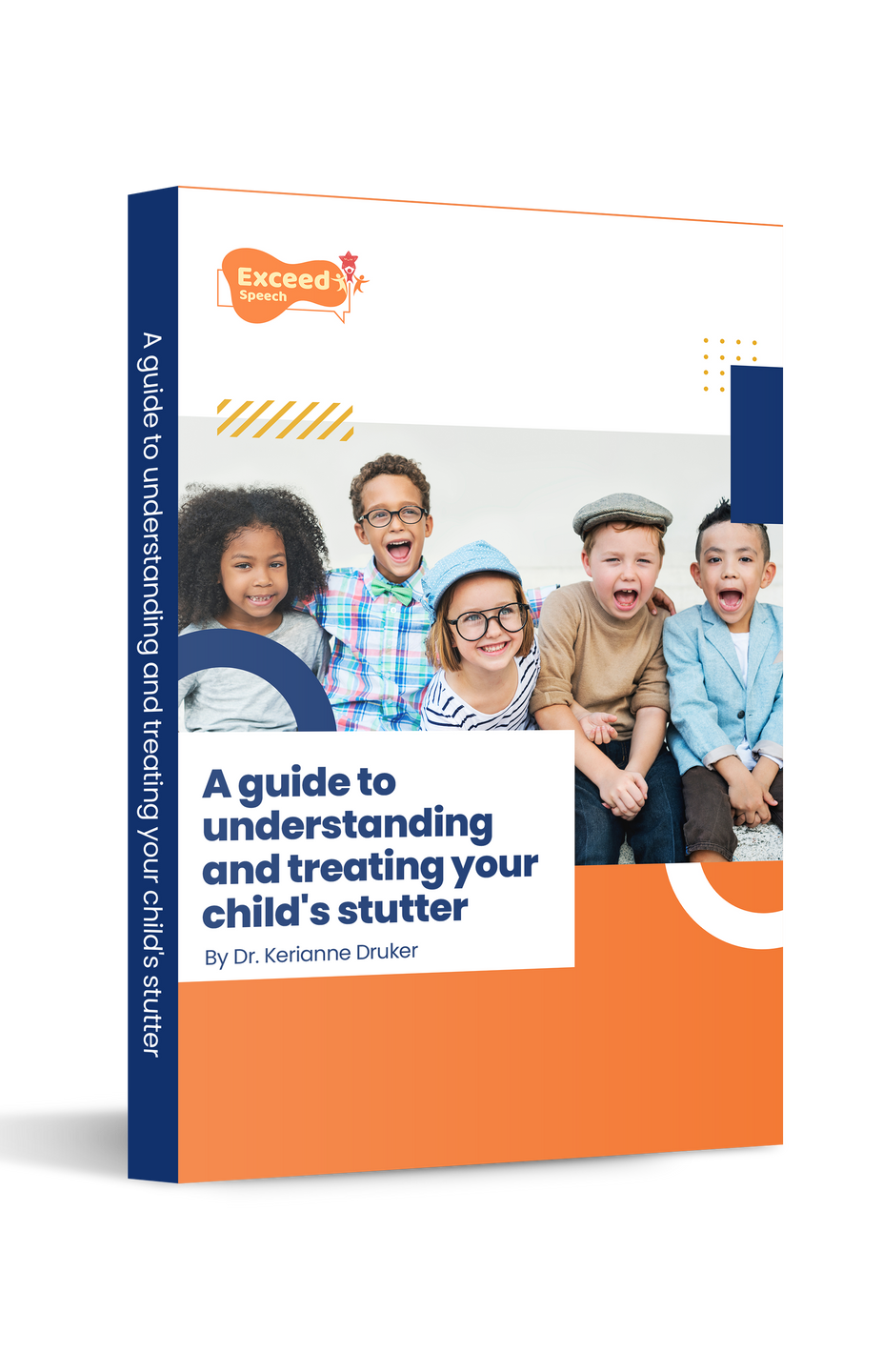Robust Theme
Dec 09, 2019 2020-04-08 7:40Robust Theme
Link Between Speech Clarity and Literacy

One of the most common communication problems that paediatric speech pathologists work with are “speech sound” delays and disorders, as 10-15% of pre-schoolers have speech sound errors.
As expected, speech sound errors affect a child’s general clarity and, at times, their confidence in communicating. On top of this, research has highlighted that speech sound errors also have an effect on literacy acquisition and success – if not addressed in a timely and effective manner.
This blog will outline the definition of a speech sound delay and speech sound disorder, and explore the link between speech sound errors and literacy acquisition.
Speech Sound Delay vs Speech Sound Disorder
Children can be diagnosed with a speech sound delay if their speech follows the usual pattern of speech sound development, but their errors do not naturally resolve within the expected time frame. For example, it is very common to miss out the first letter of a consonant blend up until the 4 years of age (e.g., children may say tar for star, kateboard for skateboard). It is also common to swap w sound for r sounds until around 5 years of age (e.g., wed for red). However, after this time it becomes a “delayed” error pattern, meaning that the child did not naturally grow out of this error by the age we expected them to do so – and will usually require therapy to correct the error and prevent any long-term impacts on general speech clarity, confidence, and literacy.
Children can be diagnosed with a speech sound disorder if the error patterns in their speech do not follow the typical pathway of development. This means that the error patterns the child has would not typically been seen in a child of their age or younger. Some error patterns include: dropping off starting sounds in words (e.g., ig for pig), or a preference for making sounds at the back of the mouth (e.g., guck for duck)
Speech Sounds and Literacy
Many skills that children need to become successful readers and spellers begin with a child’s oral or spoken language. Many children who start off with speech sound errors unfortunately end up with some level of literacy difficulties, as summarised in a recent publication from the Journal of Speech, Language and Hearing Research.
One of the main reasons why this is the case, is because children with speech sound errors often have trouble with phonological awareness. Phonological awareness refers to a child’s knowledge and awareness of sounds and parts of words – and is an absolutely crucial part of early literacy. Without accurate and automatic phonological awareness, progress in reading and spelling can be slow and effortful for your child.
For example, a child says “white” for “light”, it is unlikely that the child is actually hearing the difference between the “w” and “l” sounds. This means that when a child tries to sound the word out, they will sound it wrong and then spell it wrong. It also makes reading trickier, as the child often has to put in extra effort to attempt to say the sounds and words correctly.
What next?
If you are concerned about your child’s speech clarity and/or early literacy skills, please get in touch. We can let you know if your child’s speech errors are age appropriate, or need to be addressed before starting school. This will ensure your child is a clear and confident communicator, and also help mitigate possible struggles with early reading and spelling.

Free eBook
A guide to understanding and treating your child’s stutter
Take a sneak peak of what the Stuttering Toolkit has to offer, and learn about the treatment principles that have proven successful for more than 90% of children who stutter.
Get Free eBook

